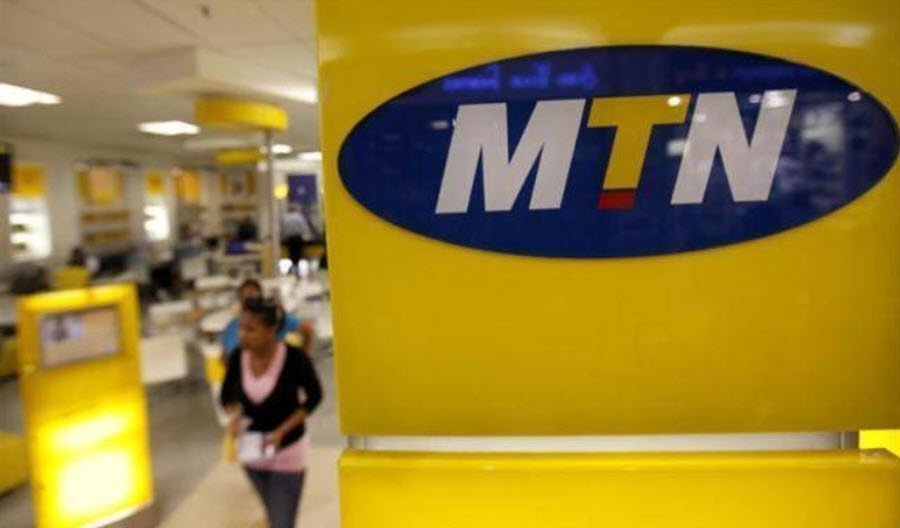In line with our expectations, MTN Nigeria delivered double-digit growth in revenue, up 12% y/y to N566.9bn (annualised; N1.13trn), tracking our FY 2019 estimate of N1.15 trillion. The strong growth in revenue was on the back of growth in voice (+11.4% y/y to N421.1bn) and data revenue (+30% y/y to N103.3bn).
According to management, the growth in voice revenue was supported by an increase in subscribers base (+5.7% y/y), relatively stable tariffs and its focus on pro-consumer activities. Data Revenue growth, on the other hand, was supported by an increase in the number of smartphones on the firm’s network, greater data usage, and growth in the number of active data users. Active data subscribers grew by 11% to 20.7 million while data traffic rose by 67% y/y.
We highlight that the company recently rolled out 4G+ across Lagos, Abuja, and Port Harcourt. We believe the 4G+ which runs on 4G LTE technology will lead to accretion in data subscribers in the medium to long term as customers experience improved satisfaction when downloading and uploading contents from the internet.
[READ: Here’s why Sub-Saharan Africa is the world’s fastest-growing mobile region]
Notably, the telco giant added 3.3 million customers to its network, leading to an increase in subscribers base to 61.5 million. Considering the strong footing of MTNN in the Nigerian telecoms market evident in its market leadership position coupled with its significant holdings of spectrum and Fibre networks (MTN Nigeria holds c.25,800km compared to that of its closest competitor Glo with 10,869km), we believe the company is well-positioned to benefit from the untapped potentials in Nigeria’s telecommunications industry.
Additionally, the efforts by management in delivering exceptional service to customers by providing superior call quality and better speed in internet service should enable the company to retain existing customers while innovative data bundle offerings should help in attracting new customers to its network.
Direct Network Operating Costs, however, declined 21% y/y to N117.9bn owing to the marked decline in BTS (base transceiver station) leasing cost. This decline coupled with the growth in Revenue bolstered the strong growth in Profit after direct costs (+26% y/y to N449.1bn).
MTN Nigeria reported an EBITDA margin of 53.8% under IFRS 16, which is the new reporting standard the group has adopted. However, on an IAS 17 basis (the old reporting standard), the EBITDA margin grew 1.5ppts y/y to 44.2%, driven by the growth in Revenue and muted growth in Operating Expenses (+4% y/y to N144.3bn).
According to management, the mild growth in Operating Expenses was due to the stability of the Naira against the dollar. We regard the sub inflationary growth in OPEX positively. Consequently, EBITDA grew 16% y/y to N253.0bn in H1 2019 from N217.7bn in H1 2018 (based on IAS 17).
[READ: Konga’s turnover increases by 800%, as the company claims to be self-sufficient]
Supported by the growth in Revenue amidst the single-digit growth of 4% in OPEX, Operating profit grew significantly by 39% y/y to N190.4bn. Net Finance Cost, however, grew by 73% y/y to N48.6bn owing to the rise in Finance Cost (+46% y/y to N59.1bn) and a decline in Finance Income (down 15% y/y to N10.5bn). The surge is Finance Cost was due to a first-time Interest expense of N33.5bn incurred on Leases in H1 2019- We await the conference call to seek clarification from management on this line item.
The slowdown in Finance Income was due to lower interest income on bank deposits (down 33% y/y to N3.5bn)- we attribute this to the reduction in cash balances (N46.7bn in H1 2019 compared to N53bn in H1 2018) coupled with moderation in yields during the period.
Notwithstanding, Pre-tax Profit grew 31% y/y to N141.8bn in H1 2019 from N108.4bn in H1 2018. A lower effective tax of 30% in H1 2019 compared to 32% in H1 2018 ensure Profit after tax grew faster by 35% to N98.9bn in H1 2019 from N73.2bn in H1 2019.
EPS also grew 35% y/y to N4.86 in H1 2019 from N3.60 in H1 2018. The firm declared an interim dividend of N2.95, translating to a payout ratio of 60.7% and a dividend yield of 2.4% (based on the closing price of N125 on 25 July).
We have a target price of N180 for the stock with a BUY recommendation.

[READ: Commentary on tariff hikes and Nigeria Customs’ rising revenue]
CSL STOCKBROKERS LIMITED (“CSLS”) is regulated by the Securities and Exchange Commission, Nigeria. CSLS is a member of the Nigerian Stock Exchange.











